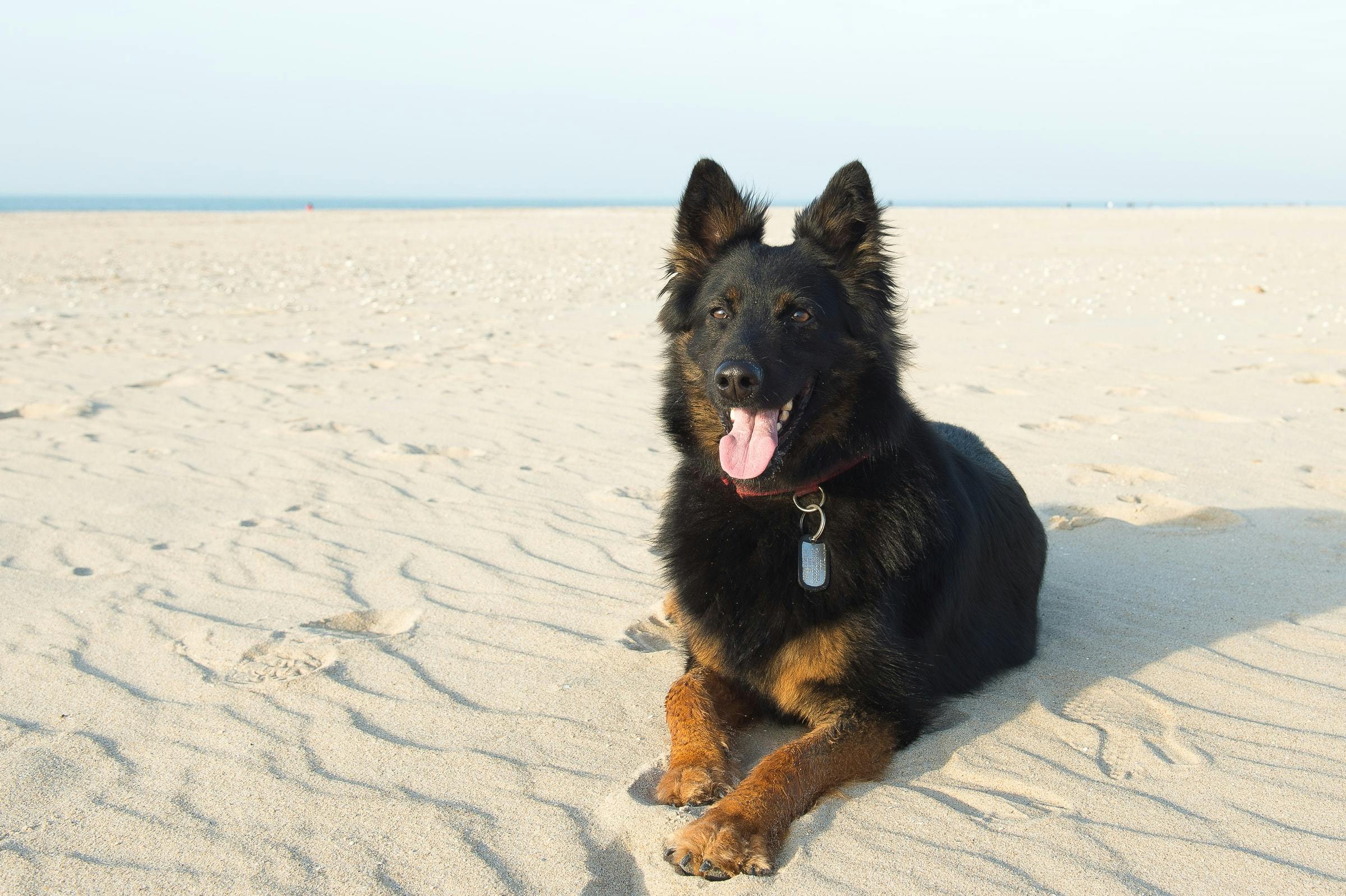Published: 9/14/2021
Thinking about adding a pedigree chum to your fur-family? Whether you're interested in a purebred
Bichon Frise or a stunning
Samoyed, you can expect to fork over some extra cash for an expensive dog breed.
While you can head down to your local shelter and pick a pup for a couple hundred bucks, a purebred dog is a bit more pricey. In fact, one of the
most expensive puppies ever was a
Tibetan Mastiff who sold for approximately $2 million!
You won't have to spend millions on an expensive mutt, but you will have to pay anywhere from $500 to $5,000+ for show-quality pedigrees. And the expenses don't stop there. Your average dog will set you back around $2,400 a year, and that's without the added costs of an expensive breed.
Worried about "pawssible" expenses of a purebred pup? Read on to find out about 3 costs to consider before buying an expensive dog breed.
The number-one potential cost you'll need to consider when buying an expensive dog breed is hereditary health problems. The shortening of gene pools through selective breeding has led to a host of health problems among purebreds.
What's the purpose of selective breeding? To produce dogs that meet breed standards set by kennel clubs like the American Kennel Club (AKC). Breed standards list desirable physical traits for purebred dogs. For example,
German Shepherds have sloped backs, according to their AKC breed standard. However, this makes hip and knee problems more common in German Shepherds.
Breed standards are important for winning conformation dog shows and producing pedigree offspring. So, breeders target specific traits and only breed the best pups with these physical characteristics.
This selective breeding has led to a lack of gene diversity, which increases the risk of heart disease and cancer. An exaggeration of a breed's features can also cause many health issues, some of which can be life-threatening.
One instantly recognizable example is the flat-faced trait among small dog breeds like
French Bulldogs and
Pugs. Their flat faces cause narrower nostrils and windpipes. As a result, these breeds are brachycephalic and have trouble breathing, sometimes requiring surgery.
If you're planning to purchase a purebred, it's essential to get
pet health insurance to
avoid expensive vet bills. Many pet insurance companies will cover
hereditary conditions.
While you may not think about your fur-baby as an expensive piece of property, dastardly dognappers think differently. If you're purchasing an expensive pup, take extra precautions to keep Scoob safe.
Dognapping is a scarily common occurrence in the US, with thieves taking approximately
2 million dogs each year. These dognappers typically break into a home or office, steal a dog, and then sell the dog as quickly as possible for a profit.
The
most common breeds stolen are small, high-value dog breeds, like
Chihuahuas and French Bulldogs. The reason dognappers target small purebreds is they're easy to carry and run away with. They're also trendy, making them easy to resell.
There are a few easy steps you can take to protect your dog. First up, make sure Bella is microchipped so you can find them if a shelter picks them up. Microchipping also makes it much more difficult to resell a dog — when the dog is taken to a vet, the vet will realize they're already microchipped.
You should also get your dog spayed or neutered. Dognappers often look for intact pups so they can breed them at puppy mills and sell their puppies.
These 2 inexpensive steps go a long way to
keeping your dog safe from thieves. If you're worried about leaving your pup home alone and want some extra protection, try securing your home against dognappers. Putting up higher fences will deter dognappers. Investing in home security cameras is also a good idea.
You may have "pawchased" an expensive pedigree pooch to join your local kennel club and participate in
dog shows. However, dog shows are costly and require more than just an expensive dog breed. First, you'll need to pay to register your dog with a Kennel Club.
When you consider the cost of a handler, grooming, professional dog trainer, and more, some top dogs can set you back as much as
$250,000. So, while you may dream of entering show dog competitions, consider all the costs before splashing out on an expensive pedigree pup.
Registering with the
American Kennel Club isn't particularly expensive, and it costs around $100 to enter the Westminster Dog Show. While this seems reasonable, you'll have to spend thousands upon thousands on getting your pup up to competition standards.


